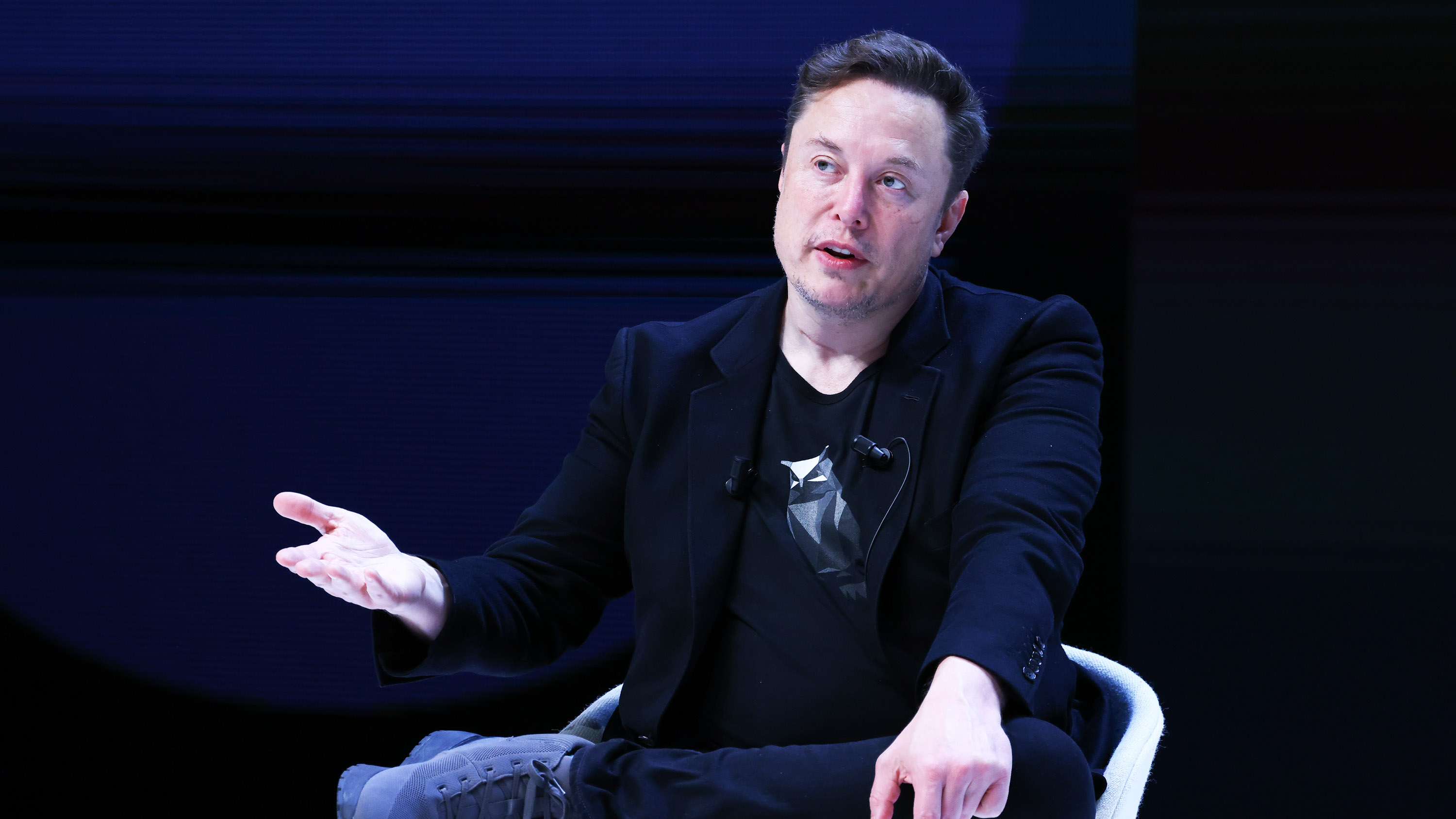
Towards the end of last year, OpenAI publicly announced its plans to evolve into a for-profit entity to achieve its mission. Its current arrangement features a for-profit organization controlled by a nonprofit, with a capped profit. The restrictions prevent the ChatGPT maker from raising money and compensating investors.
The AI firm was on the verge of bankruptcy, with projections of $5 billion in losses within the next year. However, its investors, including Microsoft, NVIDIA, and SoftBank raised $6.6 billion through its latest round of funding, keeping its business operations afloat and pushing its market capitalization well beyond $157 billion.
While the company is seemingly firing on all cylinders, reports indicate investors are mounting pressure, coercing it to evolve into a for-profit entity. Failure to meet this threshold within 2 years could open a can of worms for the company, making it susceptible to outsider interference and hostile takeovers. Market analysts and experts predict the AI bubble is rapidly fading, shifting investor focus and investment to other ventures, drawing them to the conclusion that Microsoft could acquire OpenAI within 3 years.
The experts also predict backlash to the company's decision to evolve into a for-profit entity from government institutions, regulators, OpenAI employees, and other key stakeholders. So far, Tesla CEO and billionaire Elon Musk has filed two critical lawsuits against OpenAI and CEO Sam Altman. In one instance, Musk cited "a stark betrayal of OpenAI's founding mission" while the most recent suit alleges involvement in racketeering activities and a fake humanitarian mission.
Musk dropped his first suit against the AI firm without prejudice, only to file a new one a few months later. He now claims OpenAI's latest models have already hit the AGI benchmark, but OpenAI is delaying the finding for financial gain. Musk's lawyers indicated the "previous suit lacked teeth, this is a much more forceful lawsuit."
Geoffrey Hinton (the Godfather of AI because of his pioneering work in generative AI) has seemingly formed an allegiance with Elon Musk to support the billionaire's bid to prevent OpenAI from evolving into a for-profit entity (via GIZMODO).
Towards the end of last year, Encode, an organization representing the youth across dozens of countries, shared a brief supporting Elon Musk's lawsuit against OpenAI's transition to a for-profit entity. The brief also featured an endorsement from Hinton, stating:
“OpenAI was founded as an explicitly safety-focused non-profit and made a variety of safety-related promises in its charter.”
The brief from Encode further indicated:
“It received numerous tax and other benefits from its non-profit status. Allowing it to tear all of that up when it becomes inconvenient sends a very bad message to other actors in the ecosystem.”
Elsewhere, OpenAI is reportedly trying to scrap a stringent AGI clause that could sever its ties with Microsoft after hitting the coveted benchmark, limiting its access to computing power and funding from the tech giant. And as it seems, OpenAI could be on the verge of achieving AGI, especially after Sam Altman indicated that it could arrive sooner than anticipated. An OpenAI employee claims the ChatGPT maker has already achieved the feat, following the release of the o1 reasoning model to broad availability.
OpenAI CEO recently indicated that he's confident the AI firm can build AGI, prompting the company to shift its focus to superintelligence. He also indicated superintelligence could trigger a 10x surge in scientific AI breakthroughs, making each year as revolutionary as a decade.







